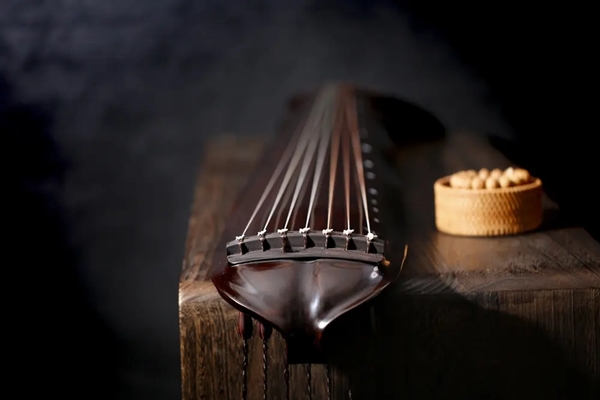what is a score
633 views · Organized by 爱在西元 on 2022-06-22
I often hear senior pianists say "playing the score", so what is playing the score?

"Taipu" is a common saying among qinists, which means to record the melody of a piece of qin music that did not have the rhythm of the banyan originally recorded, and then set the beat to record the melody, so that the piano player can play according to the score. This whole process is called "playing the score". "Playing the score" involves many problems. First of all, you need to know how many scores there are in the track you are playing, and which system the score you want to play now belongs to. Secondly, it is necessary to identify which faction is the typed notation. Once again, it is necessary to examine the difficult ancient fingerings and characters in the interpretation, to identify whether there are errors in the version of the biography, copy and engraving, and if there is, it must be collated. It is also necessary to study the composer's background, creative intention and emotional content to be expressed in this piece. It is also necessary to understand the rhythm method of traditional Chinese music and the use of the ancients in the phrases and so on. The score-setting time is essentially the second creation of the qinist's ancient qin score.
Involving musical instruments
Guqin (pinyin: Gǔ Qín) is a traditional Chinese musical instrument with a history of at least 3,500 years. Guqin is also known as Yaoqin, Yuqin and Seven-stringed Qin. The guqin has 13 emblems that mark the rhythm, and is also a ritual and musical instrument. It belongs to the silk in the octave. Guqin has a wide range, deep timbre and long aftertone.
Guess you like
Organized by 未知领地 on 2024-03-17
When selecting a guqin, the timbre quality is often the primary criterion to judge its quality, because the timbre is not only related to the artistic expression of the guqin, but also deeply rooted in the unique pursuit of music aesthetics in traditional Chinese culture. Here are some basic timbre elements to consider when choosing a guqin.
read >>
Organized by 卷鹅 on 2024-03-14
With the arrival of the hot summer, for the guqin friends, how to do a good job in the hot and humid season of guqin maintenance is particularly important. Guqin as a traditional Chinese wooden chord instrument, its material is very sensitive to changes in temperature and humidity, so the correct maintenance of guqin in summer can not only extend the life of the instrument, but also maintain its pure timbre.
read >>
Organized by 雨童 on 2024-03-14
Guqin, as an ancient and rich cultural instrument in China, its playing techniques pay attention to the integration of body and mind, rhythm and emotion. In the process of learning Guqin, there is a set of sixteen words that condense the wisdom of countless piano players. They are: "Light, loose, slow, even, Tian, light, elegant, beautiful, bright, mining, quiet, far, ancient, clumsy, middle, and".
read >>
Organized by 迦夜 on 2024-03-13
Guqin, as one of the oldest plucked instruments in China, the beauty of its rhyme lies not only in the pleasant tone, but also in whether it can pop out the kind of "ancient flavor" that has traversed thousands of years.
read >>
Organized by 梦昱 on 2024-03-13
In the pursuit of Guqin skills on the road, many qin friends may encounter such a problem: despite putting in a lot of time and energy to practice hard, but the pace of progress does not seem to be as obvious as expected. This phenomenon not only dampened the enthusiasm of learners, but also triggered deep thinking on the way to improve guqin skills.
read >>

 渝公网安备 50010702504639号
渝公网安备 50010702504639号